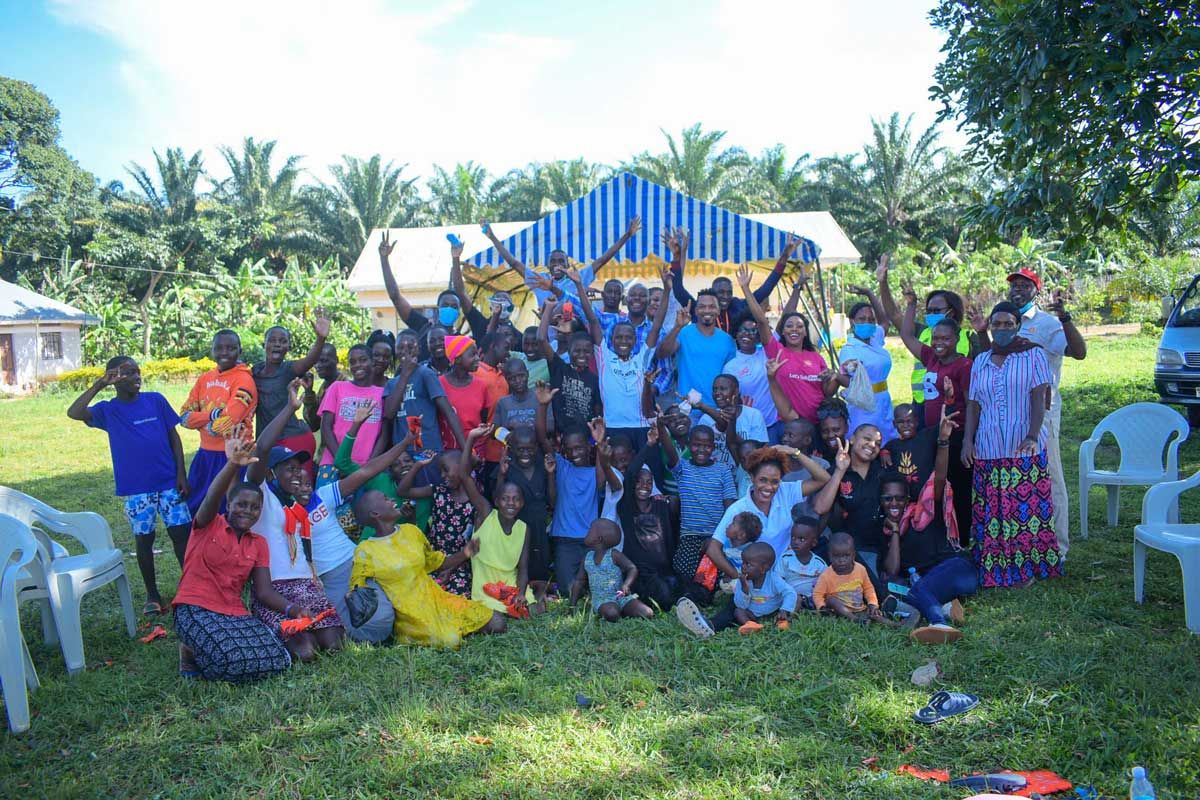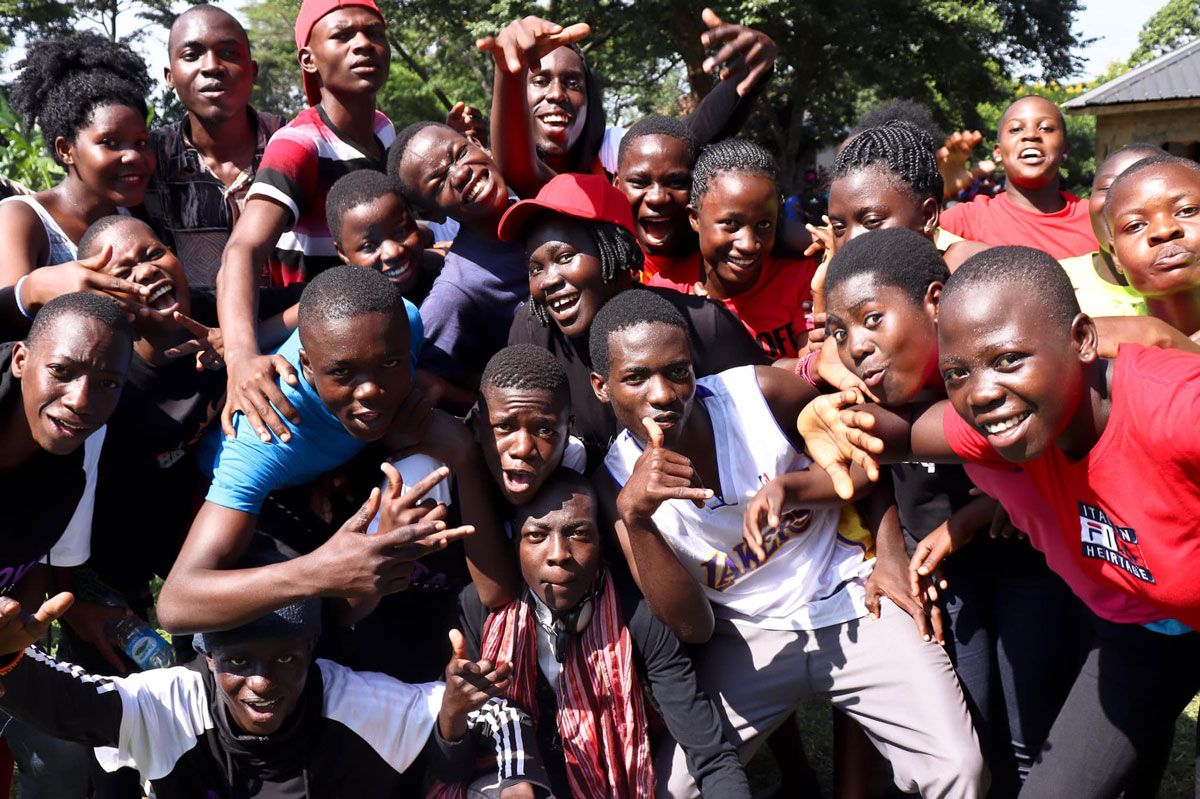Why Us

Establishment of IHB, takes cognizance of the demographic disparities within Uganda, a country faced with one of the fastest growing populations on the globe, with nearly over three quarters of the people being within the young, most reproductive and unfortunately socio-economically less empowered age group.
This phenomenon directly borders on the general poor population health status, characterized by a high fertility rate of 5.8 children per woman, low access to and uptake of sexual and reproductive health information and services; low uptake of birth control services at just 36%, hence a high unmet need for birth control; high rates of teenage pregnancy; high rates of unsafe abortions and the resulting health complications; high risk of STI, including HIV/AIDS; and a high rate of maternal mobility and mortality.
The existence of IHB is further underlined by the unlevelled policy and legal frameworks, the negative social-cultural norms and values, and the weak health systems, among others, which in many situations perpetuate inequalities and discriminations especially against those that have ‘no voice’, no power, limited or no control over resources.
It is IHB’s commitment to confront and challenge the status quo. And with the expansive network of adolescents and young women trading in sex work, the growing LGBTQI community, people with disabilities, the homeless and displaced groups, among other key and priority populations in the country, all of which suffer disproportionately poor SRHR outcomes in Uganda, IHB derives reason to exist.

Our commitment
Our Priority Populations
- Young people in Tertiary Institutions of Learning
- Adolescents and Youth out of schools;
- Key populations, including PWDs, Sex workers, LGBTQI, Fishing Populations, etc.
- Women of Reproductive Age (WRA), especially the urban poor and rural women
- The Hard-to-reach, the homeless and displaced populations, in all diversity

Where we work
Central Region
Central-General Cluster
- Buikwe District
- Buvuma District
- Kalangala District
- Kiboga District
- Kasanda District
Central-Urban Cluster
- Kampala City
- Masaka City
- Mukono Municipality
- Mityana Municipality
- Mubende Municipality
Western Region
Lake Albert Cluster
- Kiryandongo District
- Kigumba District
- Buliisa District
- Kikuube District
Mount Rwenzori Cluster
- Ntoroko District
- Bunyangabu District
- Bundibugyo District
- Kyegegwa District
Western-Urban Cluster
- Fortportal City
- Hoima City
- Mbarara City
Eastern Region
Source of the Nile Cluster
- Namayingo District
- Buyende District
- Mayuge District
- Busia District
- Bugweri District
- Namutumba District
Mount Elgon Cluster
- Namisindwa District
- Buduuda District
- Bukwo District
- Kween District
- Butebo District
Kyoga Cluster
- Kyoga Cluster
- Amuria District
- Kapelabyong District
- Kaberamaido District
- Kalaki District
East-Urban Cluster
- Jinja City
- Mbale City
- Tororo Municipality
- Iganga Municipality
- Soroti City
Northern Region
Mid-North Cluster
- Alebtong District
- Amolatar District
- Kwania District
- Lamwo District
- Agago District
West Nile Cluster
- Koboko District
- Maracha District
- Obongi District
- Yumbe District
- Zombo District
North-Urban Cluster
- Arua City
- Gulu City
- Lira City
